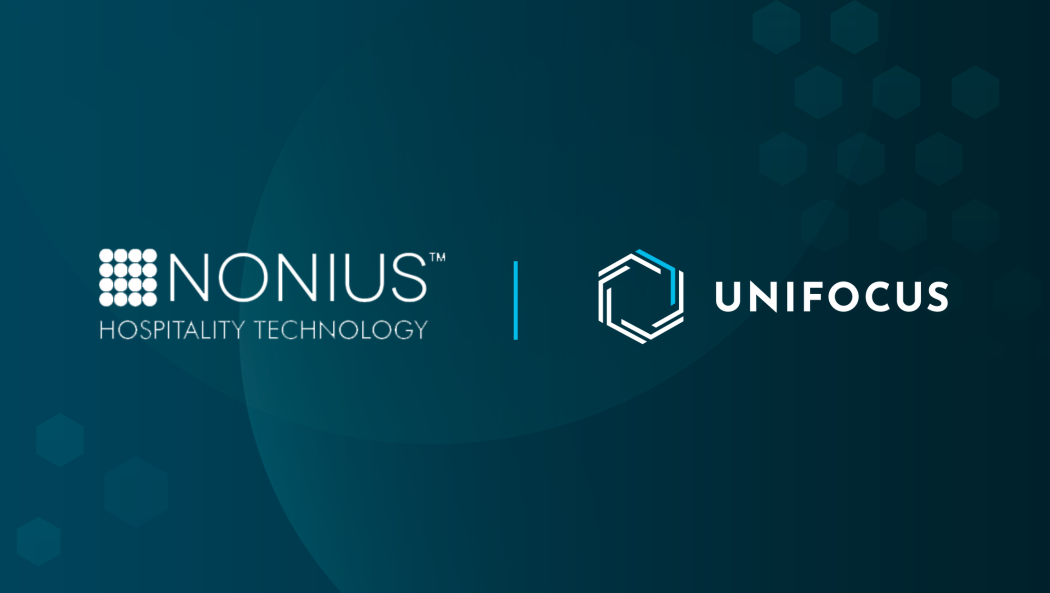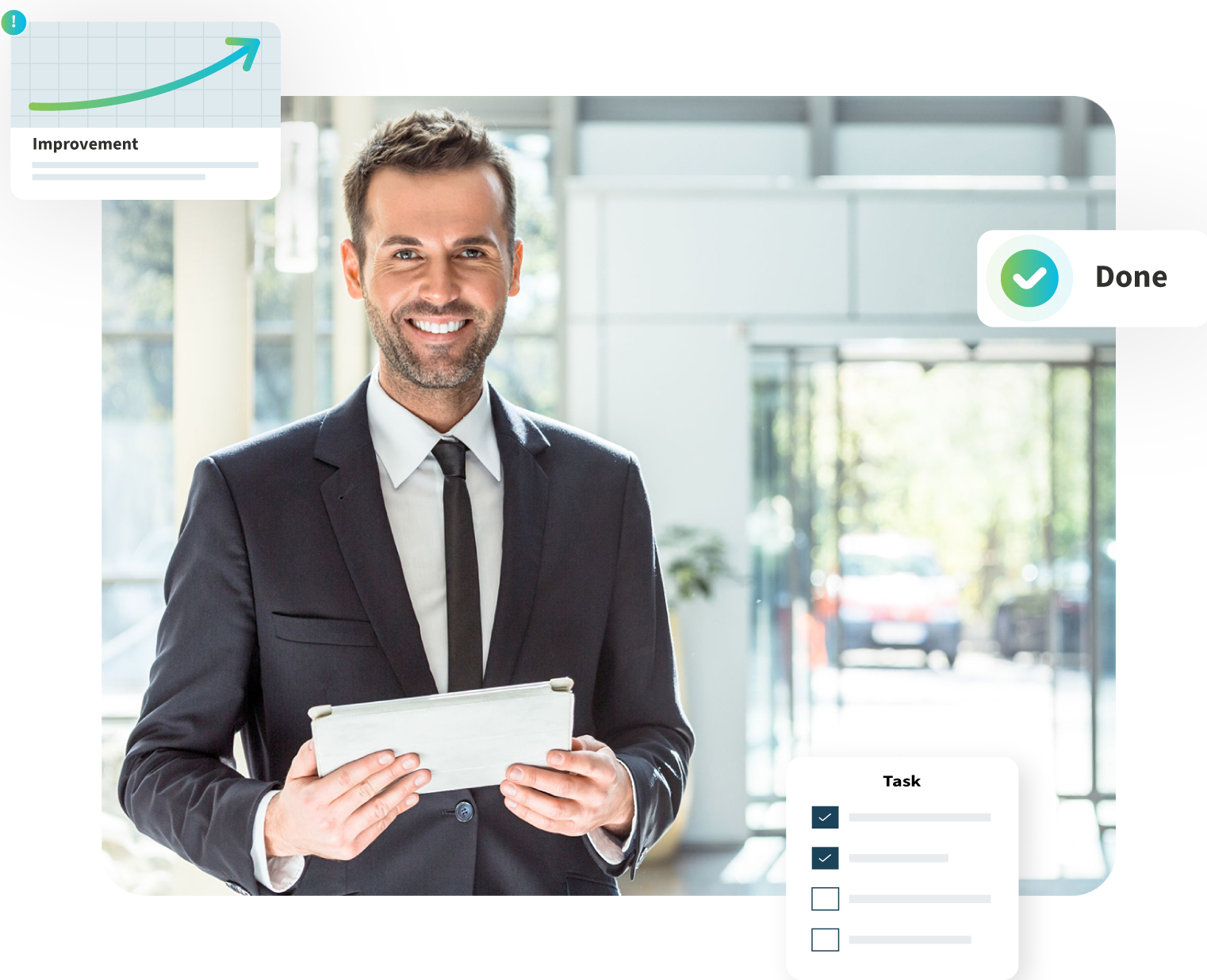June 28, 2018 - Published in CVENT Blog – Just because technology exists doesn’t mean that those tools and data insights are being used wisely, efficiently, or cost-effectively. In fact, so much technology exists today that it can be difficult for hospitality professionals not to be distracted by “the next shiny thing” and instead stay up-to-date on the tools that could best serve their needs.
There are big benefits in the data analytics and efficiency solutions that technology can bring to the hospitality industry, says Theckla Pope, president of Saturday Brand Communications in Charlotte, North Carolina. “Hotels — and really all tourism businesses — can and should be using data to their advantage,” she says. There are a wide range of applications, she notes, that facilitate smarter, more efficient marketing. They help with lead generation, customer acquisition, targeted offers, and promotions, encouraging repeat visits and cross-selling. Data, she says, “can also be used to improve the customer experience and could even help hotels develop new properties built with their target audiences’ needs and preferences in mind.”
To provide value, though, technology and data need to be selected and used effectively. That means:
- Taking the time to understand and thoroughly vet available technology options. Talk to other users. Visit their facilities to see the tools in action.
- Taking advantage of training and support provided by technology partners. They know their applications — and the insights those tools can provide — better than anyone. They can provide hotel staffs with the knowledge and confidence needed to fully utilize their solutions.
- Being clear about why you’re using the technology, what you’re looking for in the data, and what business benefits you hope to attain.
“An important question to ask when dealing with today’s constant barrage of data is ‘so what?’ ” says Mark Heymann, co-founder and CEO of UniFocus, which provides hospitality professionals with workforce management tools. “Can a particular piece of information be applied to an organization’s improvement efforts? And, if so, how often is it needed — hourly, daily, weekly, monthly? Businesses too often spend far too much effort analyzing data that yields little real intelligence when they should be focusing on actionable knowledge that can strengthen and improve their businesses.”
Too much data can be a burden, Heymann acknowledges, and “a greater hindrance to decision-making than not enough.” His advice: Find the right balance to get the best results.






